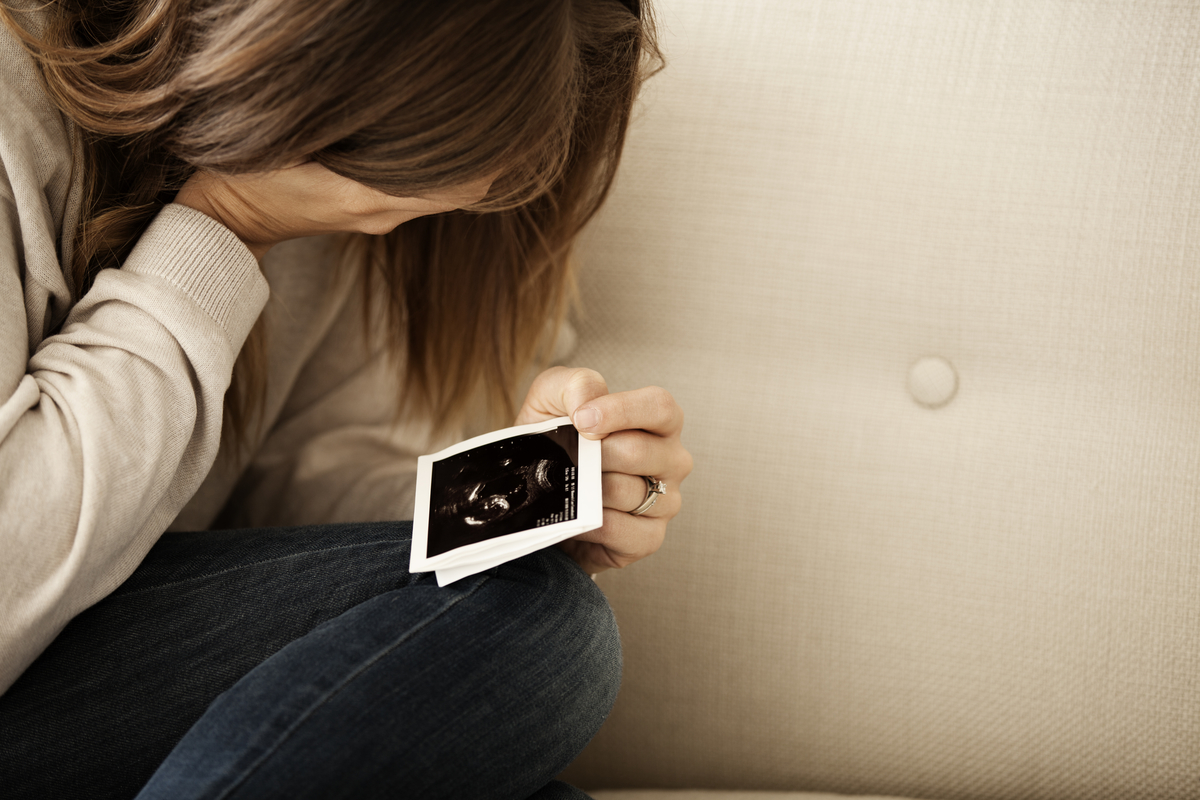Promotion of Adoption as an Alternative to Abortion
There has been increased media representation of Australia’s low adoption rates as a negative phenomenon along with calls to increase rates, ostensibly to provide children with security and stability, and also to provide infertile couples with a way to ‘create a family’. Christian and prolife groups have also increased their ‘adoption not abortion’ sloganism, seemingly unaware of the damaging nature such an approach has on their positioning on abortion. This paper will address four main arguments against the use of promoting adoption as a solution to abortion and is informed by research and experience working with both post-abortive women and those living with the negative impacts of adoption, including adult adoptees and the research into impacts of adoption.
1. Adoption does not decrease abortion rates.
Countries such as the United States of America where adoption rates are significantly higher than in Australia continue to report the same rate of abortion as Australia. This tells us that a) adoption is an alternative to parenting when a mother is not supported to do the latter and b) it is a decision made later in pregnancy, not at abortion decision-making time. There is simply no evidence from any country that increased adoption means less abortion.
2. Promoting adoption ignores the reasons the majority of women seek abortion
Approximately 95% of all abortions are undertaken for psychosocial reasons, which generally mean a lack of resourcing, whether financial, material, relational or emotional. Promoting adoption as a solution to these social issues is no different from promoting abortion as the solution when it does nothing to address women’s real unmet needs. In fact, such promotion weakens the evidence based position that women seeking abortion have unmet needs rather than ‘unwanted’ pregnancies.
3. Promoting adoption reinforces a woman’s feelings of incapacity and feels like a greater loss
When women think about having an actual ‘baby’ as opposed to being pregnant, they think in terms of the pain and anguish of losing that baby and may be more inclined to decide on abortion if the alternative is to give their baby up rather than be supported to parent.
Messaging about ‘good’ parents, who have more resources and who desperately want a baby has the implicit and very powerful message that:
- The mother isn’t good enough
- The mother’s capacity to provide is as limited as she already believes it is
- That the mother doesn’t want, and therefore couldn’t love her baby as much as ‘better’ parents
This messaging simply reinforces her sense of incapacity about her ability to parent and leaves her feeling that nobody will support her to parent, thereby making abortion seem much less traumatic than adoption.
4. Fails to acknowledge the adverse impacts of adoption
Adoption is not without significant, serious and long-term consequences for mothers, adopted children and adult adoptees. There is significant and growing evidence of the detrimental effects of maternal deprivation on infants. A baby knows and has already bonded to his/her mother during pregnancy. He/she seeks comfort in her smell, her voice, her touch and when they are separated, trauma ensues and can have life-long effects. Promoting adoption as a means to create families for those who struggle with infertility ignores the trauma of the severing of a first family in its wake. There are a number of groups established in Australia by both mothers who have lost children to adoption and by adult adoptees. The common thread in their stories is the lack of acknowledgement of the genuine grief and trauma inherent in their lives due to the loss of biological connections. For adult adoptees the sense that they were traded as commodities is prevalent, along with an understandable objection to the expectation they should be grateful for the ‘better’ life they were given. This better life for many did not exist, as adoptive parents are also human beings who don’t parent well, who get divorced, and who die. Even those who feel loved by, and love their adoptive families have lived with a strong sense of loss throughout their lives; a loss that they often feel compelled to be silent about in order to protect all parties. For mothers who grieve the loss of their children to adoption, there are valid questions about why they were not considered ‘good’ enough and why people did not simply support them through a time of need rather than take their child. Adoption, as it is currently practised, severs biological ties in a way that is not necessary for the provision of love, stability and security for life. Adoption serves the needs of adults not of children, and promotion of this option at any time ignores the rights of mothers and children to adequate support and connection to each other.
Key Recommendations
- All promotion of adoption as an alternative to abortion should be ceased
- Access to information about supports available for women during pregnancy and parenting should be strengthened and promoted.
I urge you to carefully consider your approach to this important issue and to contact me directly at
This email address is being protected from spambots. You need JavaScript enabled to view it. if you have questions or would like to discuss any of these important issues.








